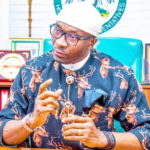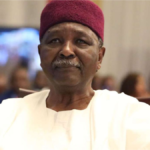It is almost 54 years since then head of state of Nigeria, Col.Yakubu Gowon officially received the instrument of surrender from Philip Effiong, on behalf of the self-declared Republic of Biafra. It would be recalled that the war started on the 6th of July, 1967.
Effiong, who was the deputy to the Biafran leader, Col. Odumegwu Ojukwu, had assumed the position of acting head of state, after Ojukwu, the leader of the secession bid had abandoned the struggle and proceeded out of the country.
More than five decades after a bitter civil war which lasted for about 30 months was fought to stop the bid to carve the then Eastern region out of Nigeria, to form a separate country, agitations to balkanise the country, have resurfaced with various groups and sub-groups issuing threats.
This is despite the fact that the Nigerian government, over the years has deliberately taken various measures to unite the people.
- Faces behind the agitations
- Mr. Ferdinand Okpala is a 73-year-old Biafran war veteran, from Owerri in Imo State. He spoke to Weekend Trust on his experiences.
The Yakubu Gowon administration for instance introduced the three Rs: Reconstruction, Rehabilitation and Reconciliation programme, to foster integration and understanding amongst the diverse groups in Nigeria and later pursued schemes such as the Unity Schools and the National Youth Service Corps (NYSC).
Various governments also created many states to give aggrieved ethnic nationalities a sense of belonging. Little wonder that more than two decades after the Eastern region was reabsorbed into Nigeria, the country became free of such agitations.
But by the mid 90s, the nation woke up to fresh agitations from the South-western part of the country.
The military regimes of Murtala Muhammed/Olusegun Obasanjo; the civilian administration of Shehu Shagari; right through the military regime of Ibrahim Babangida did not have to deal with such agitations.
It was not until the regime of General Sani Abacha, that the South-western part of the country, seething from the annulment of the June 12, 1993 presidential elections, began to clamour for the validation of the mandate they insisted was won by Chief Moshood Abiola. They insisted that, that should be done or they would opt out of the Nigerian federation.
This has been followed by many other agitations with the most vociferous being the current campaign by the Indigenous People of Biafra (IPOB) led by Nnamdi Kanu, which started in the year 2012.
Investigations on why the clamour resurfaced have shown that the reasons vary with each agitation as well as the methods deployed.
More worrisome is the fact that the agitations have brought socio-economic hardships to the affected areas while pitting them against the government.
The return to democracy in 1999, however, saw more of such agitations; with the major ones being the Movement for the Actualisation of the Sovereign State of Biafra (MASSOB), the numerous skirmishes by aggrieved groups in the Niger Delta, the attempt by Sunday Igboho to expel herdsmen from Yorubaland and the IPOB.
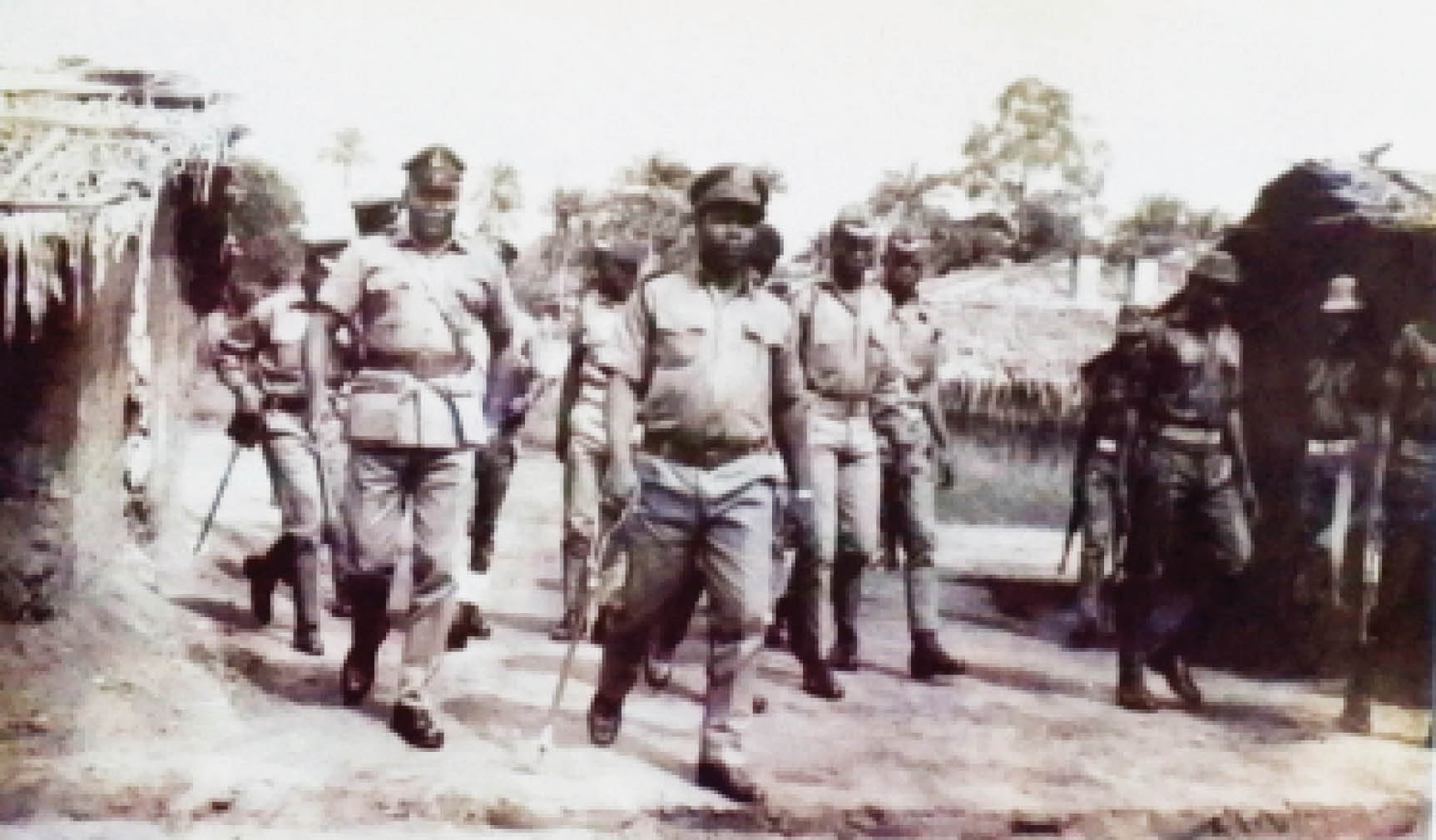
The Boko Haram sect, which had its base in the North-east of Nigeria, also toyed with the idea of pulling certain local government areas out of Nigeria and even hoisted its flag in some.
What could be responsible for the rise in these agitations more than five decades after the first major attempt failed?
Feelers sourced by our correspondents indicate the fear of marginalisation and lack of social justice as major reasons.
Some sections of the country feel they are not being fairly treated and accuse the Nigerian state and the other parts of marginalising them. There are also those who demand better deal from Nigeria and are expressing same through such agitations.
These, according to our findings, are partly what have led to calls for restructuring of the country over the years as people see it as a way of addressing these perceived imbalances and giving all sections a sense of belonging.
Background to previous agitations
Incidentally, the fear of dominance by some sections of the country precedes even independence.
Historians trace such sentiments to when the demand for independence was made in 1953, when northern leaders initially declined support for independence when it was moved on grounds that the North was not ready, but later amended their support to ‘as soon as practicable’.
The reaction in the South, which portrayed them as opposed to freedom coupled with how the northern leaders were booed on their way back from Lagos, led to the first “Araba agitation”, which was the northern masses, way of objecting to the humiliation meted to their leaders, and saying they could not be in one country with the other parts of Nigeria.
By 1959, however, when all the regions finally agreed on independence, the mutual suspicion continued, but did not fester to the point of threatening to disintegrate the country.
The first major attempt to break out of Nigeria after independence was from the Niger Delta region led by a young Chemistry student of the University of Nigeria, Nsukka, Isaac Adaka Boro.
Boro, believing that his part of the country, where oil was being exploited should get more from the oil wealth, wanted his region, then comprising the present South-south geopolitical zone to pull out of Nigeria, so that it could have total control of its resources.
He made good his threat to actualise the plan by declaring the Niger Delta Republic on February 23, 1966, raising an army that fought the Nigerian forces for almost two weeks until the rebellion was crushed and he was subsequently arrested by then head of state, Aguiyi Ironsi, and sent to prison.
At about the same time, another ‘Araba’ agitation was reintroduced when the northerners began reacting to the January 1966 coup, which they viewed as lopsided and targeted at only political leaders from the region.
This was worsened after the promulgation of the Unification Decree No. 34 by the Aguiyi Ironsi regime as riots broke out in several cities in the north, mainly Kano, which quickly spread to other towns in the region.
The north was, however, persuaded to abandon the idea and remain with other regions in the Federal Republic of Nigeria, but it was when Gowon took over the reins of power from Ironsi that the northern agitation subsided.
But by then so much had happened and Ojukwu had commenced the demand to pull his people out of Nigeria and subsequently declared the Eastern Region as Federal Republic of Biafra.
The manner the presidential elections of 1993 was handled by the military government of General Ibrahim Babangida, also gave impetus for secession agitations more than 23 years after Biafra failed.
The annulment of the election was perceived by the Yoruba as an attempt to deny them the right to the presidency of Nigeria.
This led to several protests in some most parts of the country, particularly in Lagos, which did not abate even after Babangida left government and handed over to Ernest Shonekan, and ultimately when General Sani Abacha took over.
The O’odua Peoples’ Congress (OPC) founded in 1994, and headed by Frederick Fasehun was restructured and the more militant wing led by Ganiu Adams entered the fray with the aim of either making the military hand over to Abiola or have the Yoruba pull out of Nigeria.
With the return of the country to democracy in 1999, another agitation by Ralph Uwazuruike started under the Movement for the Actualization of the Sovereign State of Biafra (MASSOB), which he said was for the recreation of an independent state of Biafra through peaceful negotiations.
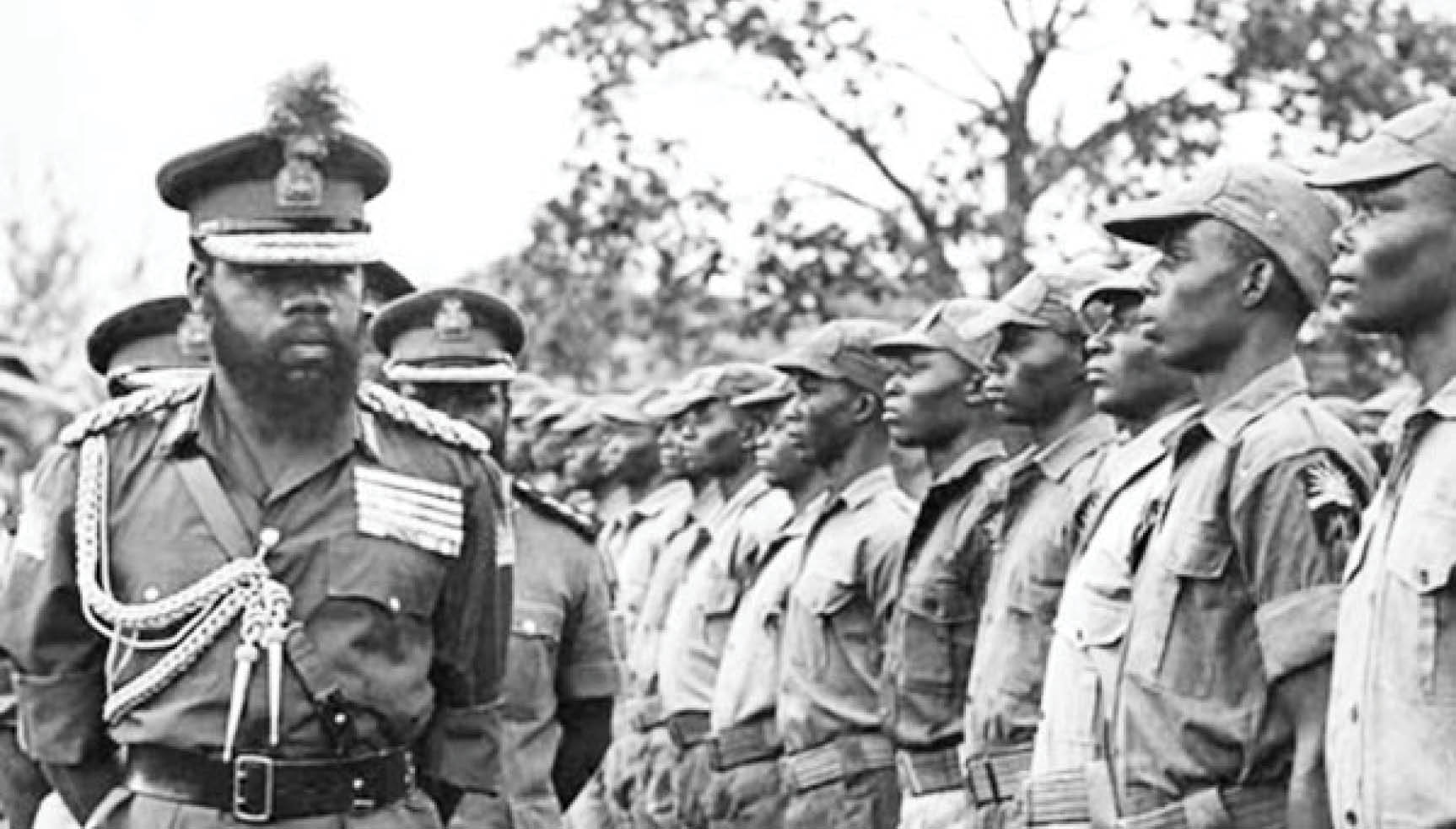
Why agitations persist
To many, the agitations by mainly ethnic nationalities and sub-regional groups to pull out of Nigeria to go their separate ways are fuelled by the fact that they see such threats as ways to bargain for a better deal within Nigeria.
Many point to the fact that past agitations, though did not succeed, were able to attract better deals for the agitating blocs.
It is for instance said that the concession to allow the Yoruba the presidency in 1999, was due to the pressure over the June 12, 1993 struggle and the threats by the region to carve out a separate country.
The attention the Niger Delta received leading to the creation of a ministry to cater for the region is also seen as one of the benefits of the restiveness and militancy by many groups in the zone.
President-General of Ohaneze Ndigbo, Chief Emmanuel Iwuanyanwu, attributes the problem from his region to perceived lack of equity in the country, insisting that the South-east has not been treated fairly.
“Even the call for Biafra is a protest against injustice. If you watch in Nigeria, Isaac Boro once demanded secession for the Niger Delta in 1966; in the North in 1953, they asked for Arewa Araba, in the South-west, there are calls for Oduduwa nation. All these are signs that there is a need to restructure the country.
“These are signs that all is not well with the federation and that is why we are asking for restructuring of the country so that things will start going very well. Some of these issues don’t require IMF, World Bank or UN intervention, but sincere leadership”, he said, in an interview with Weekend Trust.
Ganiyu Adams, who led a faction of the OPC, attributes the continuous agitation to what he calls the ‘over- centralisation of governance in Nigeria’, adding that if the regions were allowed to operate with some level of autonomy, the situation would have been different.
He said: “In Nigeria here, everything is centralised and over-centralised. That is exactly the reason the country is not moving forward.”
Alhaji Murtala Aliyu, who is the Secretary General of the Arewa Consultative Forum (ACF), on his part believes the agitations are because Nigeria is yet to truly heal from the civil war.
He said this is because Nigerians have not made up their minds about building the country and that it is only when that is achieved that the country can be restructured according to how each section wants it to run.
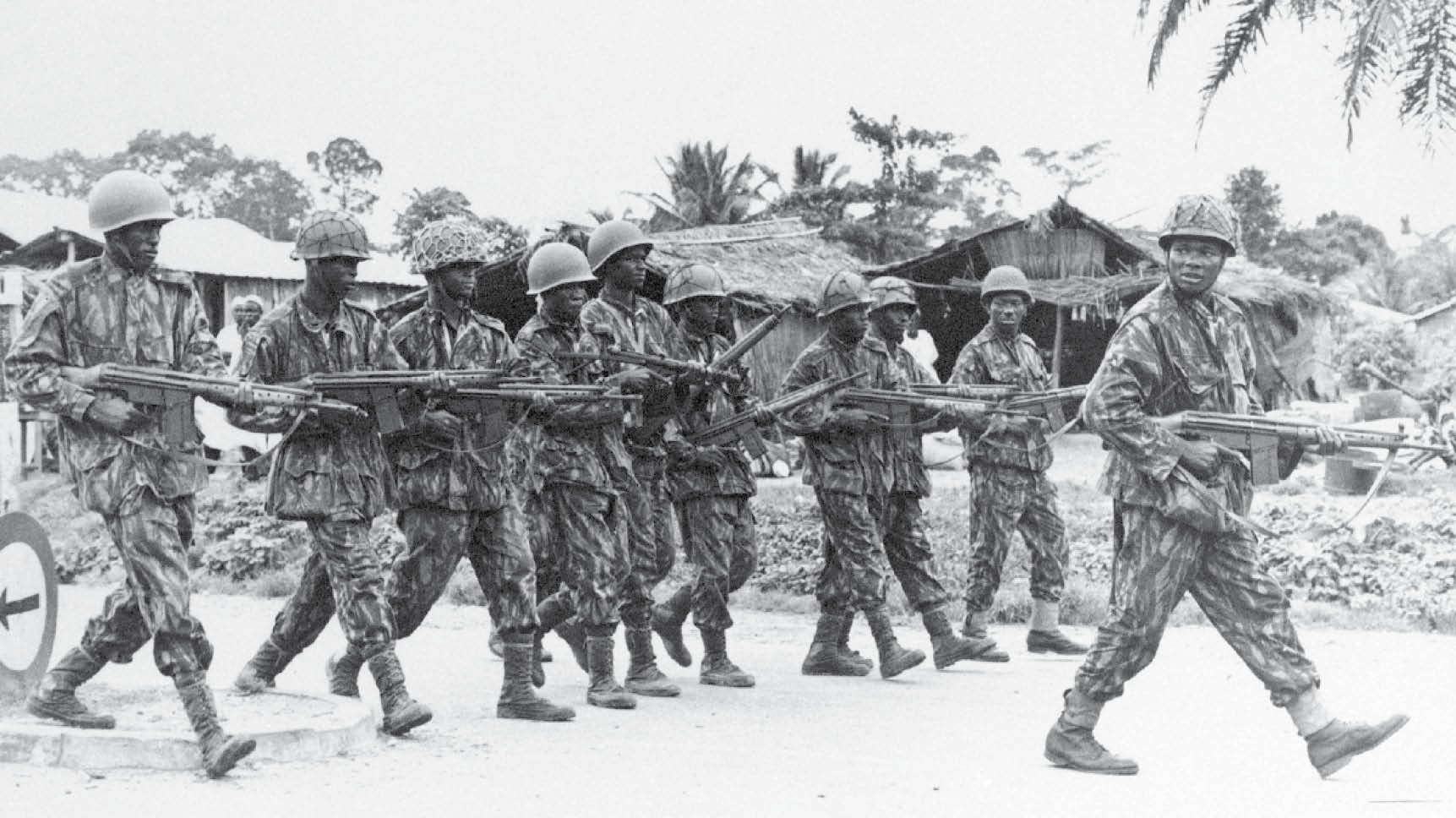
Senator Femi Okurounmu, one of the leaders of the pan-Yoruba socio-political group, Afenifere, also blamed the perceived lack of equity as reason for the agitations.
“For instance, the agitation in Yorubaland is mostly from the annulment of the June 12, 1993 elections. Since then, the Yorubas have not regained complete confidence in one Nigeria. This is because the June 12 elections and all the events leading up to it, showed glaringly that there was a particular group or I will say a particular ethnic group in this country that wants to lord itself over the others”, he said.
He said when the June 12, 1993, elections were annulled, it got the Yorubas to the point where they believed their presence in one Nigeria was no longer respected.
He said though people from that region had been ruling and have had their turn, attacks on Yoruba communities by herdsmen have made the agitations to resurface.
“Even up till today, the radical Yoruba youths are still keen on having the Yoruba nation, because their faith in one Nigeria has been significantly dented. They don’t believe very much that one Nigeria is a realistic proposition,” he added.
Just as many have expressed concern over the agitations, many are equally hopeful that it is possible to calm down nerves for Nigeria to continue as one nation.
Chief Iwuanyanwu believes that if the Igbos are treated fairly they would not be agitating to move out of Nigeria.
“If the Igbos are given additional slots in the current government and one additional state in the South-east, and Nnamdi Kanu is released we will say there is justice. Without truth and justice, there must be crisis,” he stated.
Ganiyu Adams on the other hand believes restructuring the country into regions is one of the best ways to reduce the burden of the federal government.
There are others who believe that with good leadership where all sections of the country are taken care of, such agitations would become history.
Alhaji Murtala Aliyu suggested that the government puts in place a mechanism to ensure good governance.
“If we have that, the agitations would die naturally. No region should feel that it is unfairly treated. The South-south agitation, for instance, was tackled by late President Umaru Yar’adua, as he initiated good empowerment programmes for them, including the amnesty initiative,” he stated.
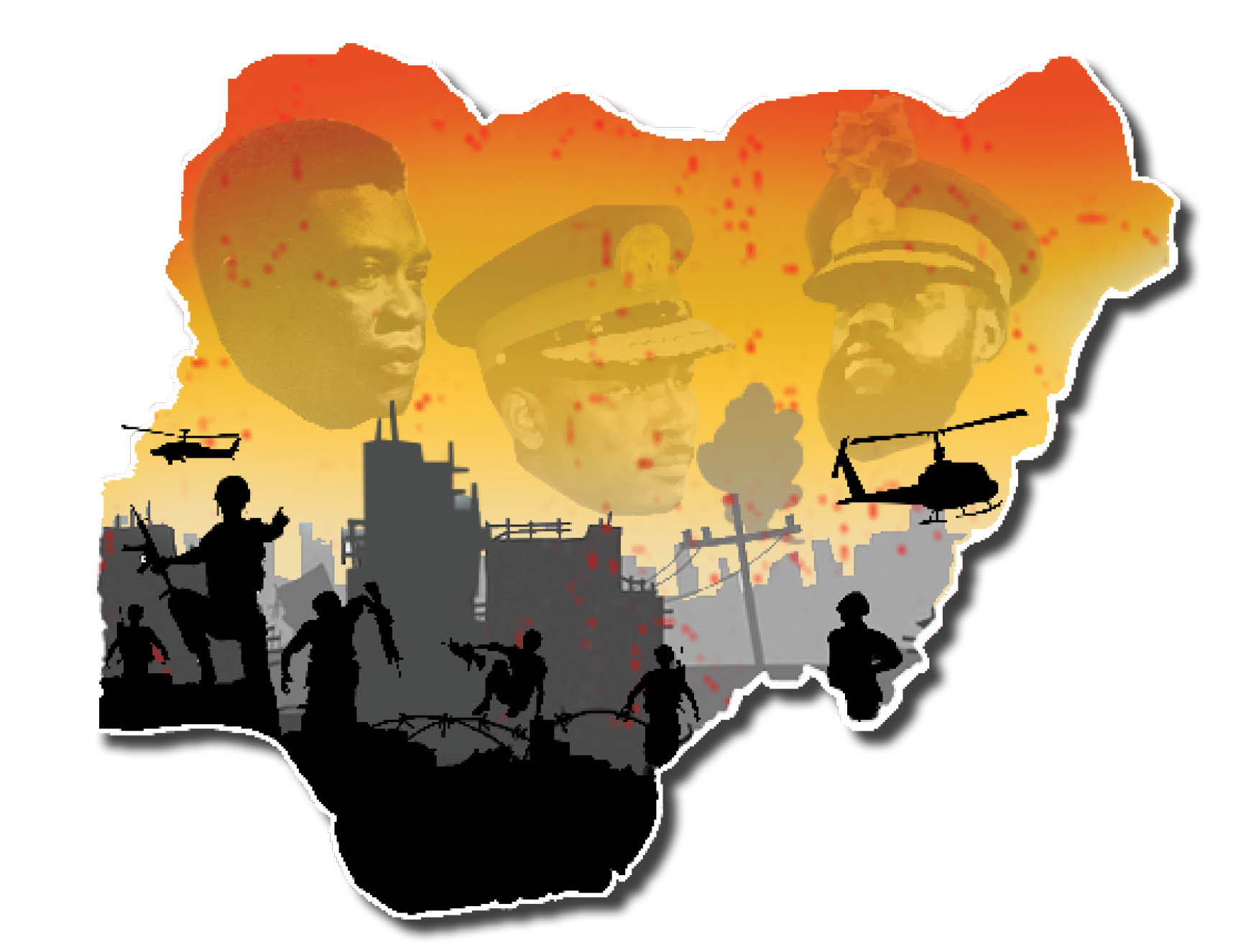
 Join Daily Trust WhatsApp Community For Quick Access To News and Happenings Around You.
Join Daily Trust WhatsApp Community For Quick Access To News and Happenings Around You.